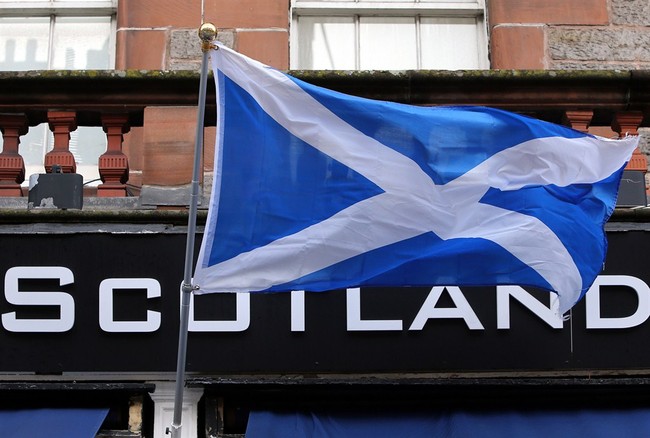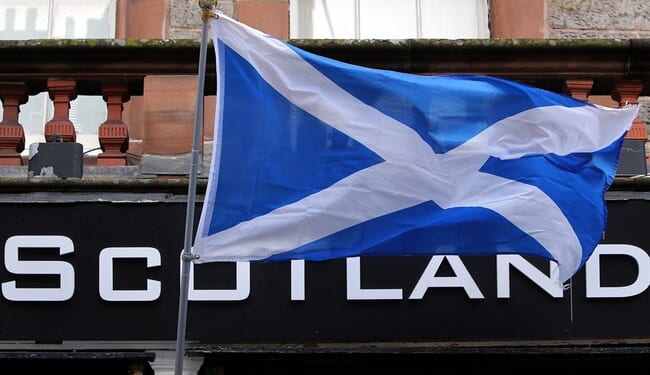
This could prove to be one of those badly needed instances where cold, hard reality begins to set in and cooler heads prevail. Back in 2019, Scotland’s former first minister Nicola Sturgeon made her country the first in the world to declare a “climate emergency” and shifted the government’s priorities to address it. She set forth an ambitious set of goals that would slash greenhouse gas emissions in her country by 75% by 2030, with a final target of reaching “net zero” by 2045. But Scotland failed to reach nearly every annual goal that was set and last month their Climate Change Committee (CCC) declared that the 2030 goal was simply “unreachable.” They’re still talking about goals further down the line, but the policies that would be required to achieve them are simply unsustainable without wrecking the economy. (BBC)
The final goal of reaching “net-zero” by 2045 will remain, but BBC Scotland News understands the government’s annual climate targets could also go.
Ministers have missed eight of the last 12 annual targets and have been told that reaching the 75% milestone by the end of the decade is unachievable.
A statement is expected at Holyrood on Thursday afternoon.
The Climate Change Committee (CCC) – which provides independent advice to ministers – warned back in 2022 that Scotland had lost its lead over the rest of the UK in tackling the issue.
Scotland closed its last coal-fired power plant in 2016, despite having vast resources of coal available to mine. That means they have had to rely on other, more expensive sources of energy. The government’s ambitious plans were hindered as Scotland experienced a series of colder-than-normal winters in recent years. People needed to heat their homes and telling them to buy more blankets and tough it out wasn’t going to fly.
Most of these plans have been promoted and launched by the Scottish Greens party in their parliament. They currently share leadership with the Scottish National Party (SNP). Several years ago, they faced significant protests in the streets driven by people promoting the messages of Greta Thurnberg. But now, their leaders are conceding that once they closed all of the coal-fired power plants, the “low-hanging fruit” was exhausted, and further reductions in carbon emissions would require “big changes to how we live our lives.”
That’s part of the cold hard reality that I mentioned above. It’s all fine and dandy to give speeches and declare aspirational goals. But most people don’t want “big changes” to how they live their lives on a day-to-day basis. If they are somehow managing to get by in this chaotic world, that means they have found a way of life that works for them. Even if they have bought into all of the climate change alarmism, they’re not going to respond well when the government comes along and tells them that they are going to need to learn to do without air conditioning or heating, stop eating meat, start eating bugs, and living in pods.
In terms of energy, a small country like Scotland can get away with cutting out coal as an energy source provided they still have natural gas to supplement whatever wind and solar energy they manage to generate. Scotland has one operational nuclear power plant (which produces no carbon emissions) but the government has been pushing to shut that one down for some reason. The point is, you can’t just go around pointing at all manner of things and labeling them “bad” because of climate change and ban them without coming up with a way to replace their functional usefulness. Replacements that are acceptable to the Climate Goddess appear to be few and far between. That reality appears to be dawning on the people of Scotland this year.












